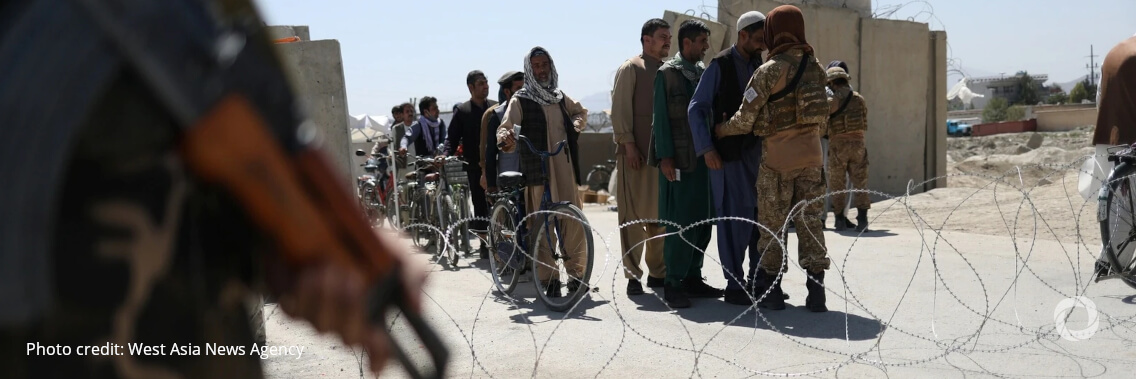As leaders meet for an extraordinary summit on Afghanistan, they must demonstrate the continuing value of the G20 by focusing on immediate and long-term solutions to the great and growing needs of Afghan civilians. G20 nations must take advantage of a critical window of opportunity to shape the response and avert a humanitarian catastrophe.
Over a month since the shift to Taliban control, Afghanistan is spiraling towards a humanitarian meltdown. Food prices are skyrocketing, leaving 95% of Afghans without sufficient food, exacerbated by a drought expected to continue into 2022. The suspension of international development funding has left the economy on the brink of collapse. Essential services and salary payments for civil servants are nearly paralyzed without the international funding that propped up 75% of the former government’s public spending. Unaddressed, this spiraling economic crisis will continue to drive up needs, with the impact on Afghans already great and growing.
Some of the most acute impacts of public service collapse are already being felt in the health sector. Currently, 2,000 (90%) of health facilities supported by international assistance are at risk of closure, potentially ending the provision of primary health care services in 31 of Afghanistan’s 34 provinces jeopardizing two decades of progress with particular harm for women and children. Health clinics are facing shortages of medicines, oxygen, and even food for patients. Half of the country’s COVID-19 vaccines could expire next month – in a country where 95% of the population is unvaccinated.
Marcus Skinner, Senior Policy Advisor on Conflict and Humanitarian Policy at the International Rescue Committee, said: “The unraveling of the humanitarian situation in Afghanistan places new demands on the humanitarian response, already a lifeline for the half of the population in need of aid. Humanitarian actors like the International Rescue Committee are resuming services and adapting programming – including scaling up urgent support to health clinics – to meet growing needs. We cannot however completely or sustainably fill the massive gaps left without a functioning economy or public services.
The clarion call for the G20 is clear. First, G20 members should make good on their promises of humanitarian support for the Afghan people by translating pledges made in Geneva this month into funding disbursed immediately to frontline humanitarian actors who are best placed to scale up health programming and forestall a health system collapse. Despite major pledges, only 37% of the funding required by the UN for the rest of this year has been received.
Second, the G20 should work to reach a collective position that allows donors and international financial institutions such as the World Bank to develop an alternative mechanism for public services in Afghanistan. Without this leadership, continued paralysis on the international stage will endanger the lives and livelihoods of millions of Afghans.”

